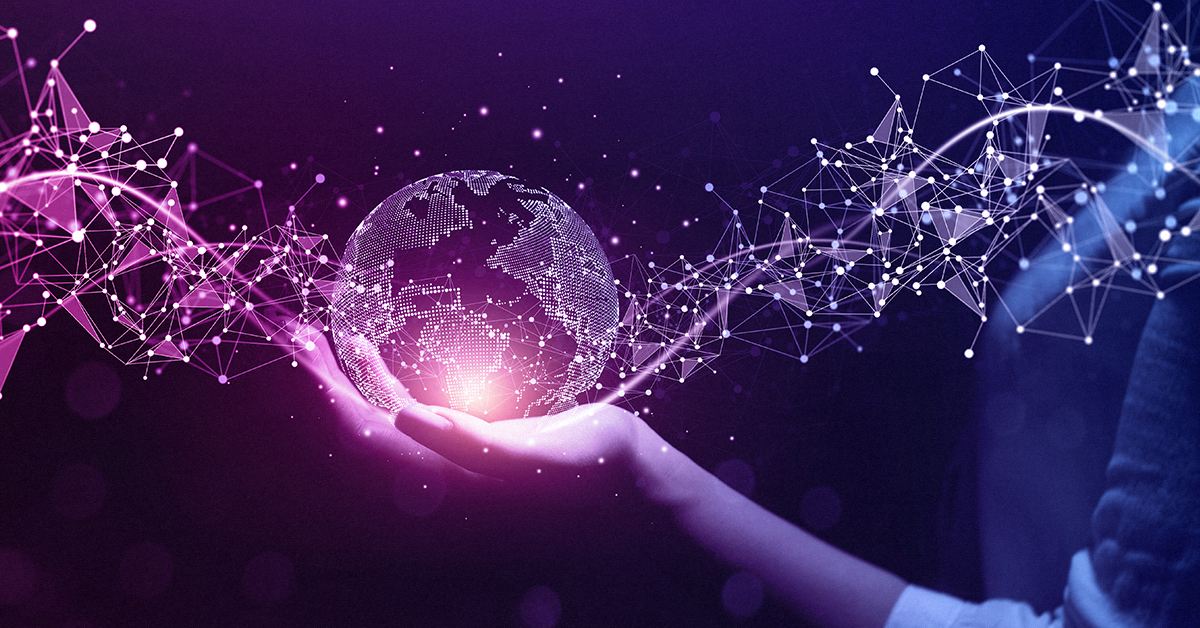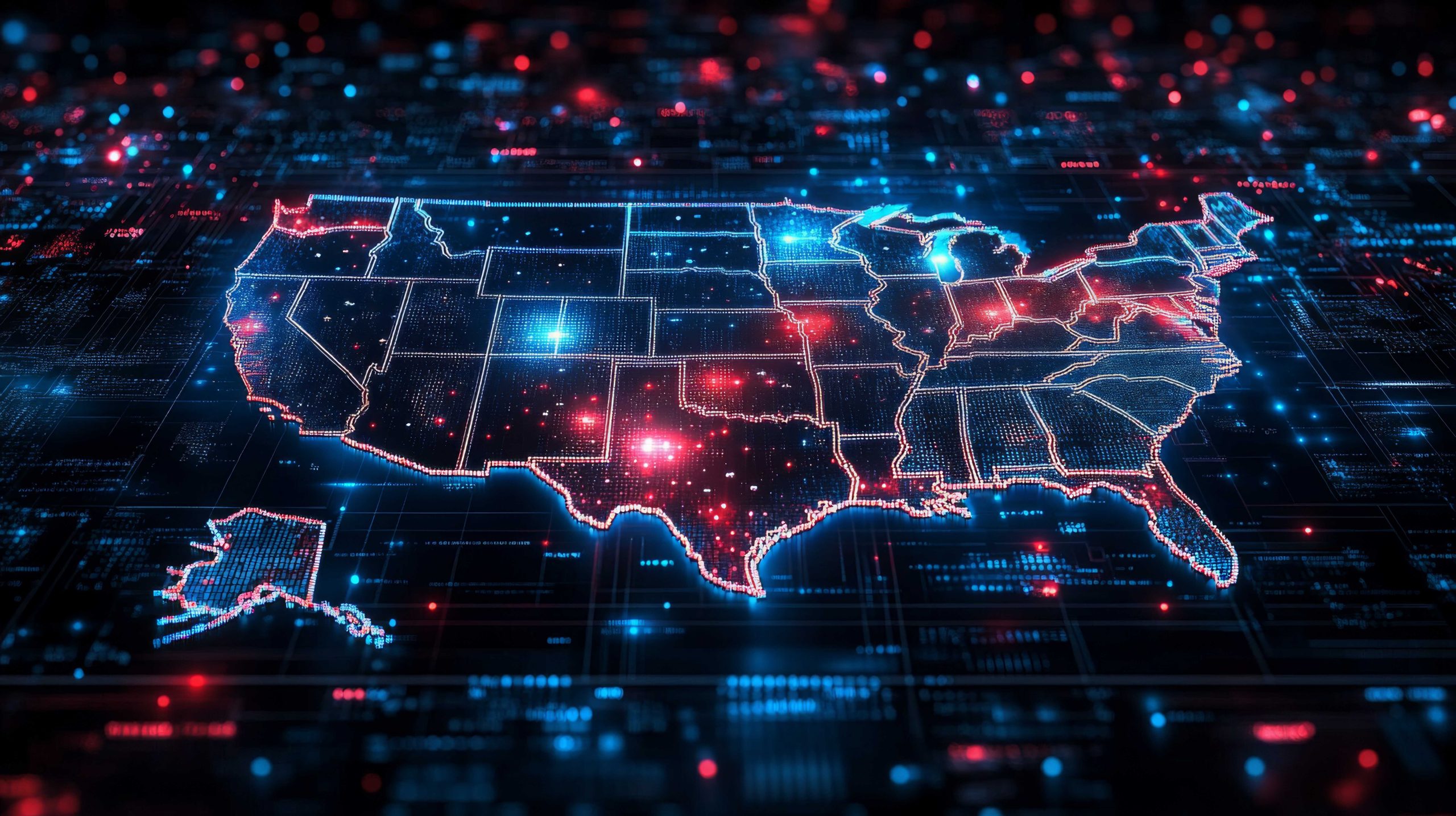Recent advancements in generative pre-trained transformer (GPT) technology and AI have revolutionized the way we interact with machines, allowing for a more human-like experience. Auto-GPT, a language model trained on the GPT-3.5 architecture, is a prime example of this technology.
To put Auto-GPT to the test, I asked it to design a Masterchef-worthy recipe generator website that could create new and unique dishes based on user preferences. It goes about the same prompt multiple times and in different ways until it cracks the code, quite literally.
So, it crawled the internet and wrote a program to generate recipes based on that information. The recipe generator was functional, but it struggled to create dishes with a complex flavor profile.
Then, I asked it to write a food blog post about a restaurant. It did extensive research into the restaurant’s cuisine, the chef’s background, and customer reviews via web searches. Afterwards, it set up a blog theme and got a smaller GPT-3.5 agent to write a draft—this went on for a while in a seemingly endless loop.
Then, it realized it needed to check if the blog post accurately conveyed the restaurant’s dining experience. It proceeded to tell itself to come up with a function that checks the blog post against the planned tone and the target audience’s expectations. And so, it wrote a Python function that checked if the post included key elements like the restaurant’s atmosphere, menu highlights, and price range.
The whole journey was impressive, and also, shocking.
The (un)expected shift to the AI-first era
The last time we took the future of work so seriously, it was when all of us were confined in our homes during the COVID-19 lockdown. Back then, the future looked like hybrid workforces, democratized IT, and distributed workforces. It sounds like old news now.
Today, we stand at the brink of enormous digital transformation, and it feels like everyone is just waiting for the veil to fall off to reveal something scary—a technology that is going to replace all of us. However, it does not work like that.
Technology has been developing at a steady pace. What’s gotten everyone on the edge of their seats now is that technology has begun to do human-like activities, like becoming creative or pondering about life, and it does so on its own.
As we tread deeper, advanced AI will bring significant changes to the way we operate, with job automation being a primary concern. A Goldman Sachs report suggests that 300 million full-time jobs could be automated due to AI. However, there will also be new job opportunities in data analysis, software development, and AI engineering. We may even see lawyers working with AI, but legal complications will arise as lawmakers struggle to comprehend this evolving technology.
As AI takes on more tasks, the skills required for employees will shift. Workers will need to develop new skills such as problem-solving and collaboration with AI systems. This shift in skill requirements will require significant investment in upskilling and reskilling programs.
A doomsday scenario, if you will
While advanced AI technologies hold great potential for revolutionizing the way we work, the erosion of personal autonomy and privacy is ringing alarms. Its potential to automate tasks will leave people behind, especially those who resist or do not work with AI.
There is also a fear of a future in which AI is so advanced that it becomes uncontrollable or even hostile to human interests. Some experts worry that as AI systems become more powerful and autonomous, they could pose a threat and leave us worse off. While such “doomsday” scenarios do sound absurd, it’s not entirely impossible, but it will definitely not play out like robots with red lasers annihilating everything in their path.
The doom lies in the misuse of advanced AI technology. Malicious actors could use AI to generate convincing deepfakes or to conduct sophisticated cyberattacks. Additionally, the deployment of autonomous weapons could lead to chaos in conflict-prone zones where lives are at stake.
As such, experts emphasize the need for responsible development and deployment of AI technologies along with a robust regulatory framework to govern their use, which we severely lack now.
Envisioning a future where AI enhances the human experience instead of diminishing it
In an AI-first era, companies are racing to collect and utilize data to gain a competitive edge. Data protection companies and experts will become the need of the hour as they work on safekeeping personal data. Without a doubt, companies with software that protects your data will be at the forefront of this race to have an upper hand over advanced AI.
There is no denying that in the future, AI will displace hundreds and thousands of jobs. However, the future also looks bright as AI increases our productivity and takes over routine, entry-level tasks, enabling us to focus on something bigger.
However, because of this, there will be a growing need for people who can work effectively with AI systems and help to optimize their performance. We are always going to need human decision-makers to ensure that AI is being developed and used in a responsible and safe way. This includes defining AI policies, assessing AI risks and opportunities, and ensuring legal compliance.
And lastly, we should understand that AI is not just GPT programs and a buzzword. We should stop seeing AI as software that is going to take away our jobs or help students cheat on their exams. AI is essentially human behavior imbued into a machine to augment and mimic human intelligence.
It is easy to succumb to fear-mongering and imagine AI as a threat to humanity. In an AI-first society, there might be potential to create a more inclusive, accessible, and equitable world as AI creates opportunities for those who previously struggled with speech recognition, mobility, and other disabilities.
In the future, the most significant questions will revolve around the impact of AI on civil rights. How we perceive and utilize AI technology will play a critical role in shaping the future of equality and opportunity for all. As we navigate this new AI context, fundamental questions about privacy, speech, assembly rights, and the construction of personhood in a technological age will resurface, challenging our deepest-held beliefs.
The notion of humans becoming obsolete in the face of AI is disheartening. We must acknowledge the crucial role that humans play in providing the ground truth for these models being trained and as the ultimate recipients of the output. AI is, after all, a creation of humans, and as such, it is society’s responsibility to ensure that it is implemented in a responsible and ethical manner that uplifts rather than diminishes the human spirit.











